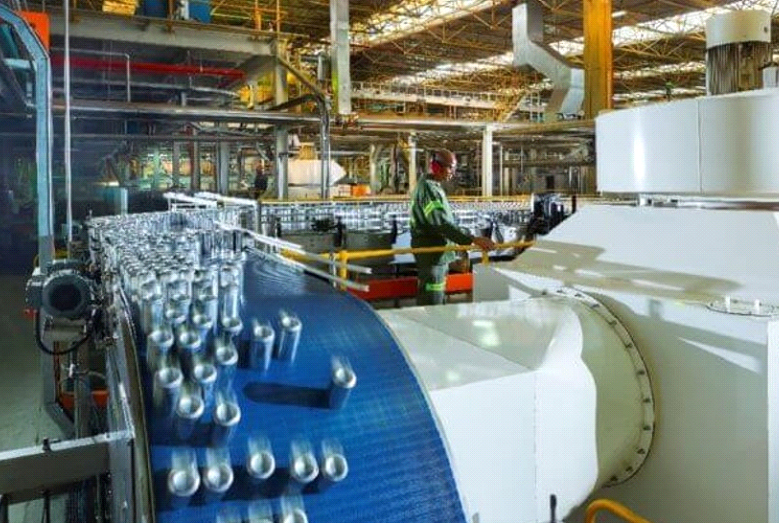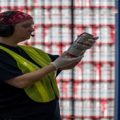Nampak, Africa’s leading can manufacturer, announced that it will take drastic measures to try to cope with the huge financial losses suffered in the last six months. This will include a reduction in personnel, salary cuts and a freeze on vacancies in response to heavy losses of more than $120 million.
Phil Roux, Nampak’s interim CEO, who announced the group’s interim results noted: “2023 is a watershed year for Nampak. Our group is a formidable business facing unsustainable debt levels. Our strategic imperative is to focus on a new business model, which aims to unlock value in the short and medium term with a glide path that is set to be fit for growth.”
According to the aforementioned executive, a rigorous cost reduction program, the remodeling of the business and the significant reduction of the net working capital “will be critical to our near-term efforts. The divestment program requires further impetus as a critical enabler to reduce our debt encumbrance to manageable levels. In the medium term, an optimal portfolio of assets with an appropriate business model will be offered in order for Nampak to revitalize itself and consolidate an efficient supply chain”.
The company suffered a sharp reduction in operating profit, falling to a 62% decline due to lower revenues. This was mainly due to impairment of R2.4 billion, losses in Angola and Nigeria due to exchange rate movements, and net finance costs, which resulted in a total loss of R2.4 billion.
The Metals division produced a 7% improvement in revenues, from R6.0 billion to R6.4 billion. Improved trading conditions resulted in an improved trading profit margin of 13.3% compared to 12.6% in 1H22. Operating margin decreased to 4.4% from 11.8% mainly due to foreign exchange losses incurred in Angola, Nigeria and an operating loss reported by DivFood.
In contrast, Bevcan recorded higher overall demand from the beverage can market in the alcoholic and energy beverage sectors. Bevcan’s production lines that produce larger cans remain fully utilized. Despite strong demand for larger cans, overall sales volumes for the period were slightly lower than in the prior period, mainly as a result of the national shortage of carbon dioxide.
In addition, Bevcan Nigeria operated under steadily worsening Nigerian macroeconomic conditions. High inflation levels, a shortage of legal tender bills in banks and the rising cost of imports negatively affected prices as well as consumer liquidity, leading to a slowdown in demand.
However, Bevcan Angola’s sales volumes increased by 8% during the last six months. Consumer demand was bolstered by improving key economic indicators, such as lower inflation and interest rates. The start-up of three previously idle beverage can filling lines for customers should prove beneficial in increasing demand for cans in the future.
On the other hand, the decision was made to close Nigeria Metals (the non-beverage can business) in the period given the moderate demand for metallic paint, polish and brake fluid products. In addition, the lack of availability in U.S. dollars at official rates contributed to this decision.
The weak South African economy continued to hamper commodity demand, with lower than expected volumes for bottles and drums. Demand for drums was further affected by a weaker export market for chemicals. Demand for closings remained stable. The pipe business recorded good volume growth coming off a low base in 1H22. Demand in Zimbabwe remained strong, although sales were lower than expected due to raw material and electricity supply constraints. Demand for Zambian boxes was strong.
Nampak will also shortly convene a General Meeting of Shareholders in order to seek all relevant authorizations required to allow the company to proceed with a possible rights offering, will allow management to further reduce the company’s debt, resulting in a more appropriate capital structure.













